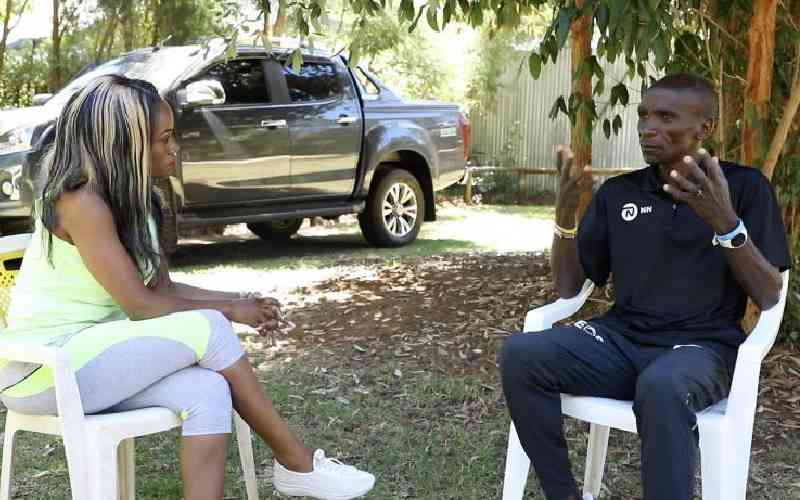×
The Standard e-Paper
Stay Informed, Even Offline

Minutes to midnight on February 11, the tragic news that a road accident had killed marathon world record holder Kelvin Kiptum and his coach Gervais Hakizimana broke.
Millions of fans in Kenya and across the world were in disbelief. Eliud Kipchoge, the world's most decorated marathoner who will be eyeing a third consecutive title at the 2024 Paris Olympics, took to social media to mourn the 24-year-old star.